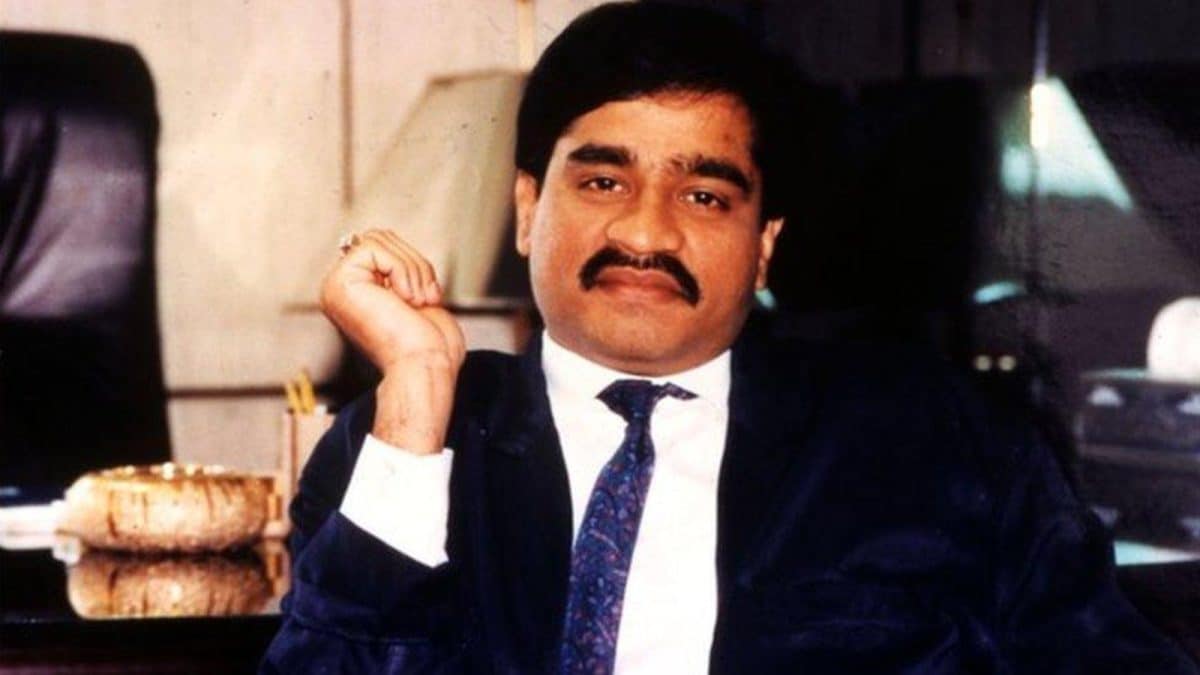The Supreme Court on Wednesday (October 15, 2025) sought the response of the Union government, States, and Union Territories on a petition seeking that every person arrested or summoned by investigating agencies be allowed access to a lawyer during an inquiry or investigation.
A Bench of Chief Justice of India (CJI) B.R. Gavai and Justice K. Vinod Chandran was hearing a public interest litigation, filed by advocate Shaffi Mather, contending that although the right to consult a lawyer during interrogation has been statutorily recognised and reaffirmed by the apex court in several judgments, it continues to be inconsistently enforced by investigative authorities.
Senior advocate Menaka Guruswamy, appearing for the petitioner, argued that the presence of a lawyer is vital to ensure that nothing is said which can be self-incriminating as protected under Article 20(3) of the Constitution. “This petition only seeks to enforce and expand the fundamental right to access to counsel during all stages of an enquiry or investigation, whether by the police, or by investigating agencies such as the Enforcement Directorate,” she said.
When the Bench asked if she could point out instances of such violations, Ms. Guruswamy referred to findings of the National Human Rights Commission (NHRC), which have highlighted cases of torture during interrogation. “This is a petition by practising lawyers. We have annexed reports which speak to compelling testimony. We are just seeking implementation of Article 20(3),” she said.
Ms. Guruswamy further submitted that even where access to legal counsel is granted, it remains subject to the discretion of the investigating officer, who decides during which portions of the interrogation the lawyer may be present. She also quoted from the ‘India: Annual Report on Torture 2019’, published in 2020 by the non-profit National Campaign Against Torture, and pointed out that out of 125 documented custodial deaths in 2019, 93 were allegedly due to torture and 24 occurred under suspicious circumstances, while the cause was unknown in the remaining cases.
The senior counsel also pointed out that Section 38 of the Bhartiya Nagarik Suraksha Sanhita, 2023, stipulates that when “any person is arrested and interrogated by the police, he shall be entitled to meet an advocate of his choice during interrogation, though not throughout interrogation.”
The petition highlights the need to stipulate guidelines under special statutes such as the Prevention of Money Laundering Act, the Narcotic Drugs and Psychotropic Substances Act, and the Customs Act, among others, to ensure that there is no coercion or torture during questioning.
“This pattern of coercive, piecemeal access to counsel not only contravenes the right to counsel under Article 22, and the right against self-incrimination under Article 20(3), but also violates the due-process, fair investigation, and fair-trial guarantees inherent in Articles 21 and 22, thereby perpetuating custodial abuses by investigating agencies and undermining investigative integrity,” the plea said.

 11 hours ago
5
11 hours ago
5










 English (US) ·
English (US) ·